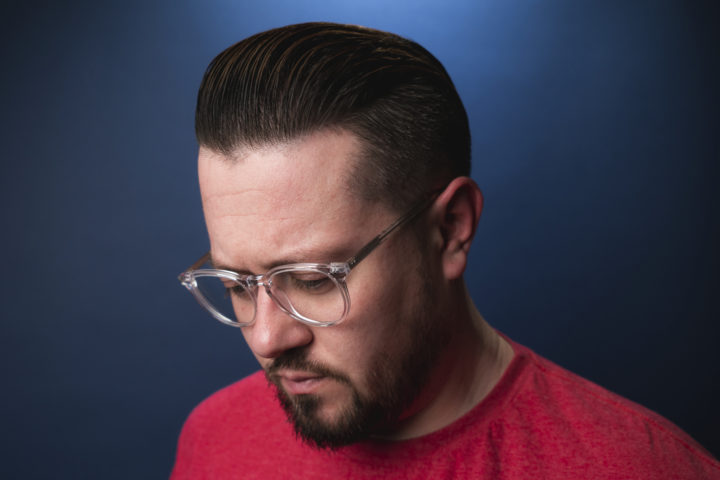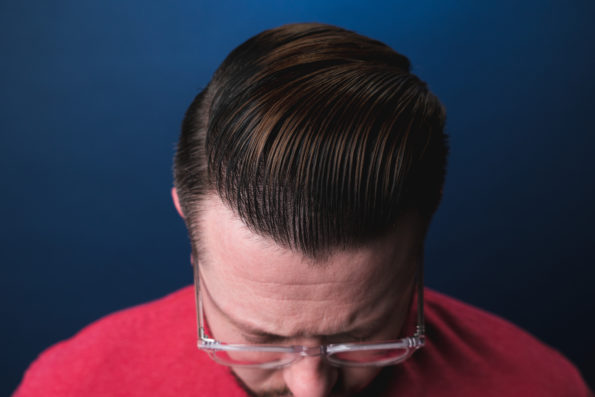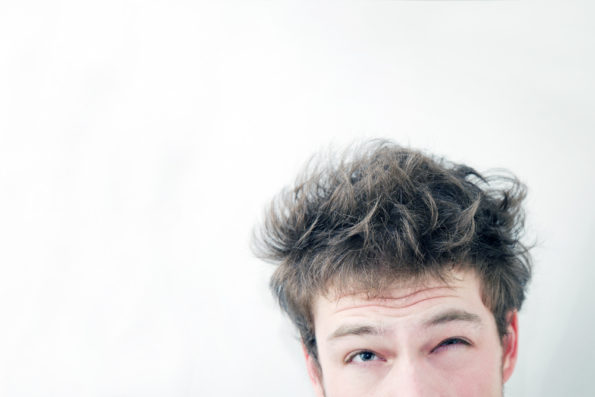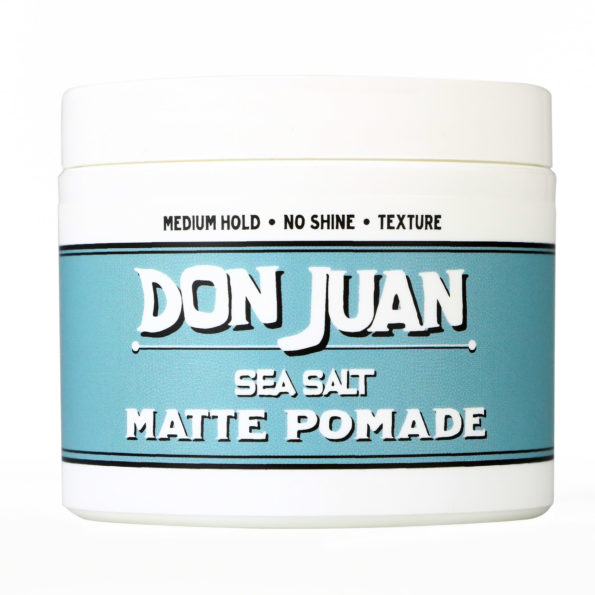- #styleneverdies
- (888) 445-5396
Testosterone Levels Promoting Proper Hair Growth

Meet Old Town Barbers, Temecula
November 15, 2018
Top 3 Travel Combs from Don Juan Pomade
January 6, 2019
If you’re one of those guys who just can’t seem to grow a thick beard and luscious hair, it might be time to check your hormone levels. As it turns out, the amount of testosterone in your body can have a dramatic effect on overall hair growth. In addition to controlling the thickness and length of your hair, testosterone impacts an enormous variety of bodily processes.
What Is Testosterone?
Testosterone is a male sex hormone that is produced in the testes. A man’s body uses cholesterol in order to produce progesterone and progenolone, two steroid hormones that are eventually converted into testosterone. The pituitary gland contains a luteinizing hormone that determines the rate at which these two steroid hormones are turned into testosterone.
Surprisingly, one in four adult men have low testosterone levels. Besides hair loss, signs of low testosterone include a low sex drive, muscular weakness, fatigue, brain fog, weight gain, irritability and depression.
There are several reasons why a man may have low testosterone levels. For many men, low testosterone is genetic. Others may see a reduction in testosterone levels as the result of certain diseases or the use of certain drugs.
The Relationship Between Testosterone And Hair Growth
In a man with a healthy endocrine system, testosterone is converted into DHT, a hormone that controls hair growth as well as prostate function. A man who has a normal testosterone level produces an adequate amount of DHT, resulting in healthy, thick hair that grows at a normal rate.
Men with low testosterone, however, struggle to produce enough DHT. This can cause hair to grow very slowly, resulting in a patchy beard and premature hair loss.
What’s fascinating, however, is that high levels of DHT can trigger male pattern baldness. This means that men who have a lot of DHT typically find that their beard is full and healthy while the hair on their head thins out once they reach a certain age.
How To Know If Your Testosterone Levels Are Too Low
If you suspect that your hair-related troubles are due to low testosterone, you should ask yourself if you have any other symptoms that could indicate a hormonal imbalance. If you have a low libido, problems with mood, low energy levels or difficulty gaining muscle mass, you might have low testosterone.
Before you start treating a testosterone deficiency, ask your doctor to perform a hormone test. A hormone test will measure the amount of testosterone in your body in order to give you an exact idea of the severity of your deficiency. This allows the doctor to help you come up with a precise plan in order to boost testosterone.
How To Boost Testosterone For Hair Growth
Before turning to supplements, consider making some lifestyle changes to boost testosterone naturally. Adequate sleep is essential because much of the body’s testosterone is produced while the body is asleep. It’s also important to consume lots of protein and exercise regularly.
If these methods don’t work, ask your doctor about taking testosterone supplements. There are many different types of supplements that boost testosterone safely and naturally.
What To Do Now
If you’re tired of dealing with thinning hair and a patchy beard, it may be time to consider adding a testosterone supplement to your daily regimen.




